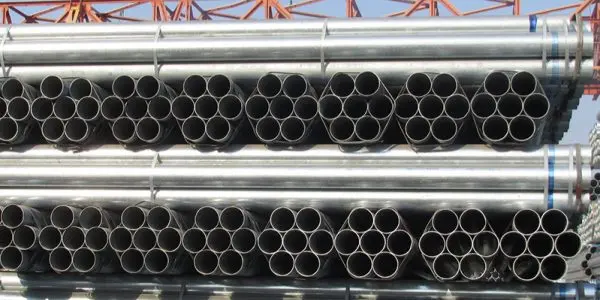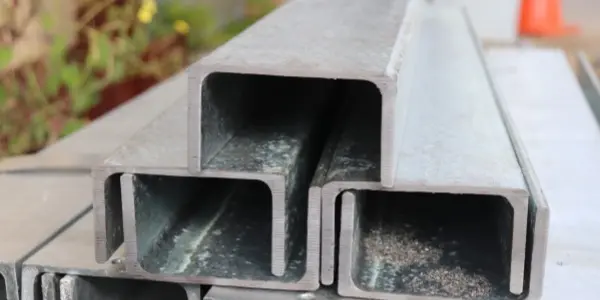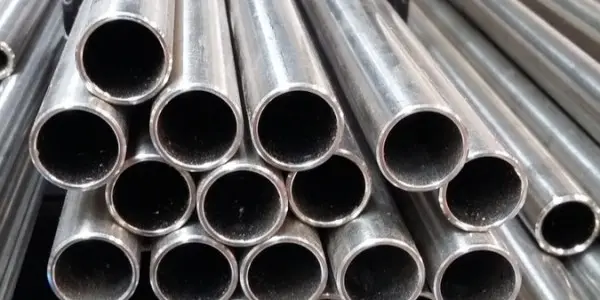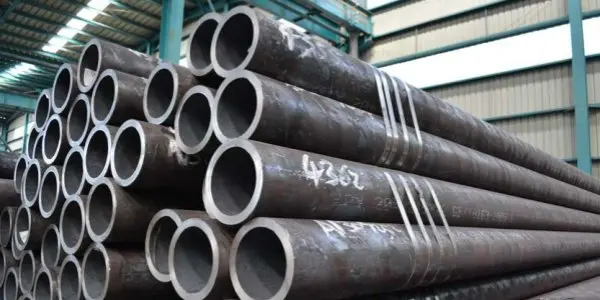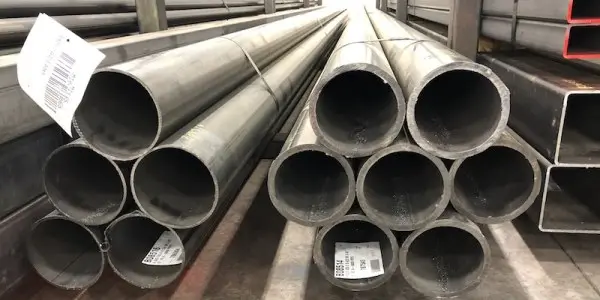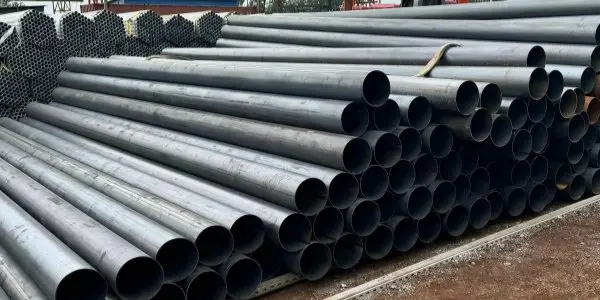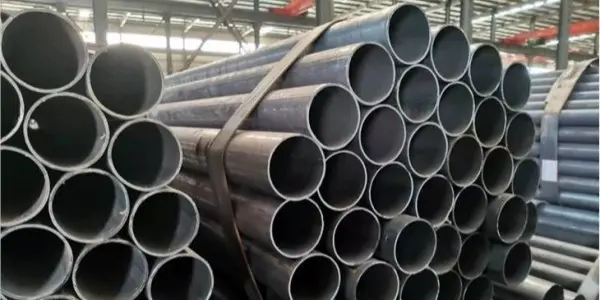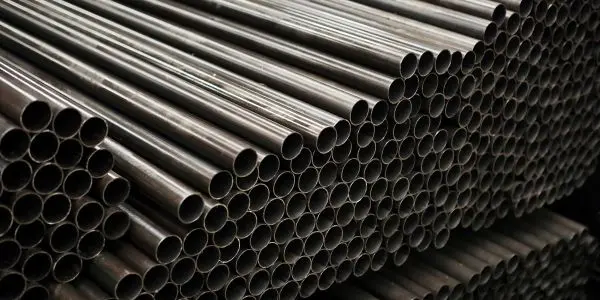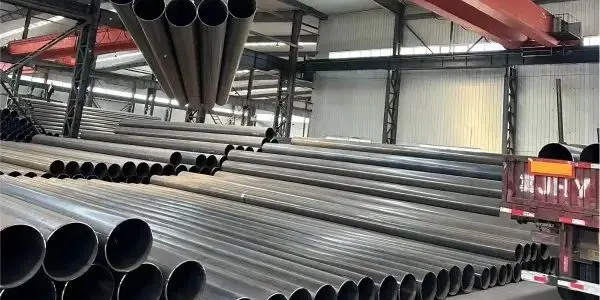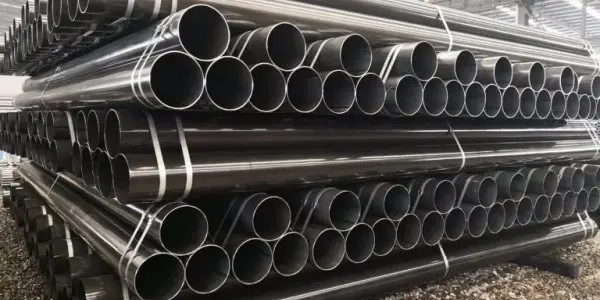-
How to calculate the weight of steel pipe?
When working with steel pipes—whether for construction, engineering, or manufacturing—knowing their weight is crucial for transportation, structural planning, and cost estimation. But how exactly is the weight of a steel pipe calculated? The answer lies in a simple yet practical formula that considers the pipe's dimensions and material density.
Read More
-
What is the difference between C channel and U channel?
C-channels and U-channels are both rolled steel profiles widely used in construction and engineering, but they differ in shape and function. Read on to learn more.
Read More
-
Advantages and disadvantages of seamless stainless steel pipes
Seamless stainless steel pipes are renowned for their superior performance in demanding environments. Their strength, corrosion resistance, and clean internal surface make them a preferred choice in industries such as petrochemicals, power generation, food processing, and pharmaceuticals. In this article, we’ll explore the key advantages and potential disadvantages to help you make informed decisions when selecting piping materials for your project.
Read More
-
Carbon steel pipe schedules
When selecting carbon steel pipes for industrial, structural, or mechanical applications, understanding pipe schedules is essential. Pipe schedule refers to the wall thickness of the pipe, which directly influences its pressure rating, strength, and suitability for specific environments. Whether you're working in oil and gas, construction, or manufacturing, choosing the right pipe schedule ensures both performance and safety. In this article, we’ll break down pipe schedules and how to determine the best schedule for your specific needs.
Read More
-
Mechanical properties of ASTM A500 steel pipe in rounds and shapes
ASTM A500 steel pipe, widely used in structural and construction applications, continues to be a reliable choice for engineers and fabricators due to its excellent mechanical properties and cost-effective performance. Whether in round, square, or rectangular shapes, A500 pipe is designed to meet the rigorous demands of modern infrastructure while offering enhanced strength-to-weight ratios. In this article, we explore the key mechanical characteristics that define A500 Grade A, B, C and D pipes—shedding light on their yield strength, tensile strength, elongation.
Read More
-
Dimensions and tests of AS 1074 steel pipes
AS 1074 specifies the dimensional standards for steel pipes ranging from DN 8 to DN 150, and classifies them into three categories based on wall thickness: light, medium, and heavy. The pipe dimensions and mass values conform to the specifications outlined in ISO 65. This article will introduce the dimensions and tests of AS 1074 steel pipes.
Read More
-
What are the differences among grades of ASTM A500?
ASTM A500 includes four main steel grades for hollow structural sections—Grades A, B, C, and D—each tailored to specific structural needs. These grades differ in chemical composition, mechanical strength, and typical applications, allowing for optimal material selection based on performance requirements. Below is a concise overview highlighting the key distinctions among these grades.
Read More
-
What is carbon steel pipe life expectancy?
Carbon steel pipes are manufactured by piercing steel ingots or solid round billets into hollow tubes (capillaries), followed by hot rolling, cold rolling, or cold drawing processes. They play a crucial role in the steel pipe industry due to their versatility and wide range of applications.
Read More
-
ASTM A500 steel pipe specifications
ASTM A500 is a standard specification that covers cold-formed, welded, and seamless carbon steel structural tubing available in round, square, and rectangular shapes. Here's an overview of the typical ASTM A500 steel pipe specifications.
Read More
-
AS 1074 / NZS 1074 steel pipe
AS/NZS 1074 is the Australian and New Zealand standard for general-purpose steel pipes and fittings. Here is an overview of AS 1074 / NZS 1074 steel pipe.
Read More

 English
English Español
Español




 Tel : +86-18565811709
Tel : +86-18565811709 Email :
Email : 
